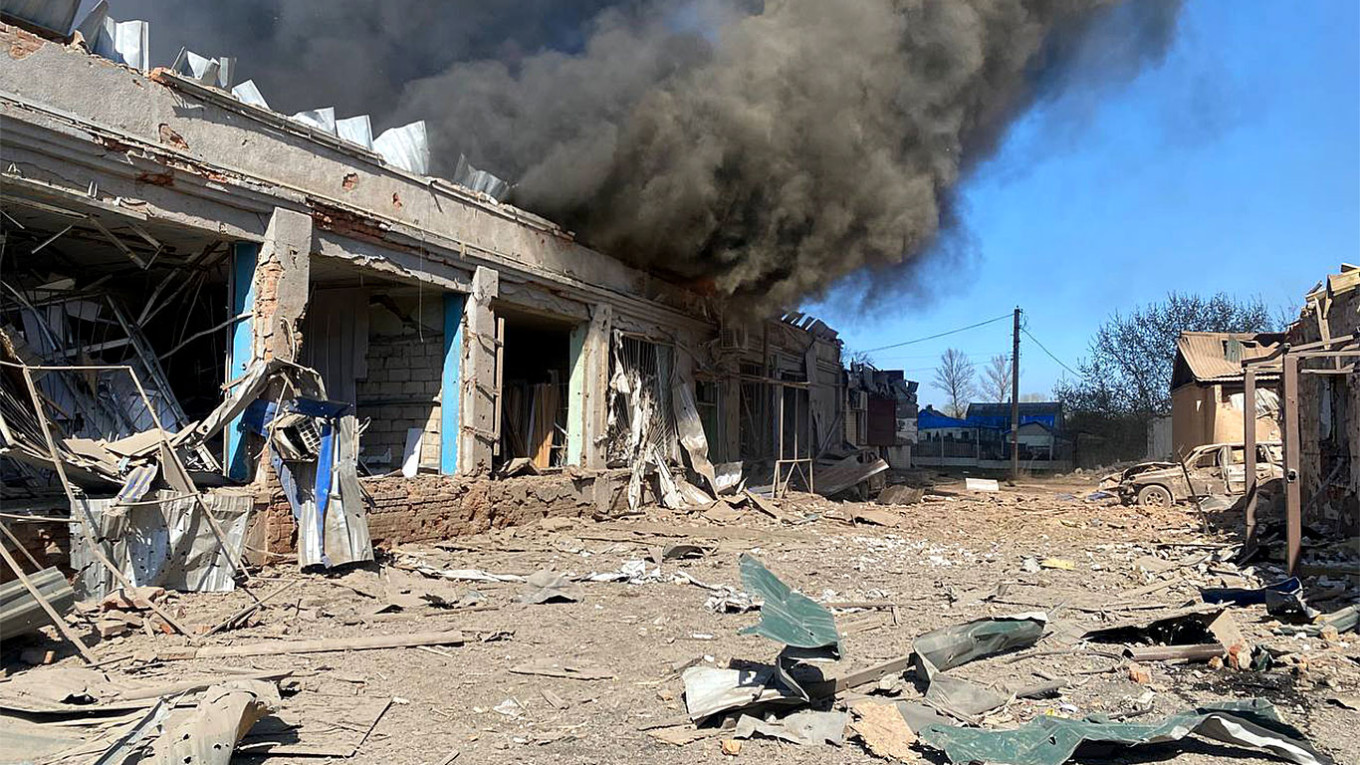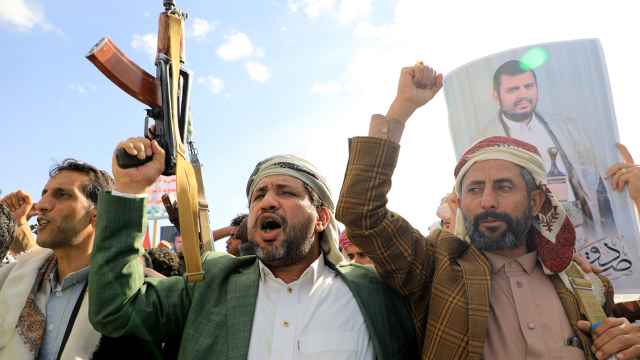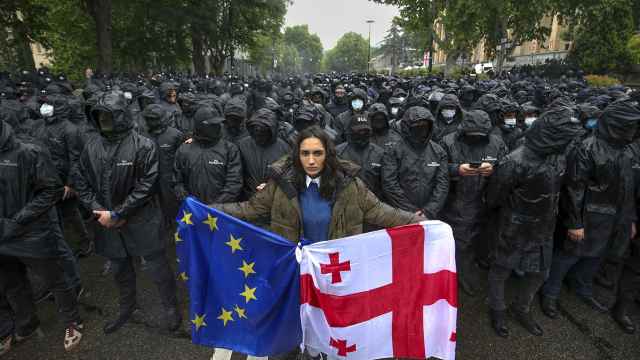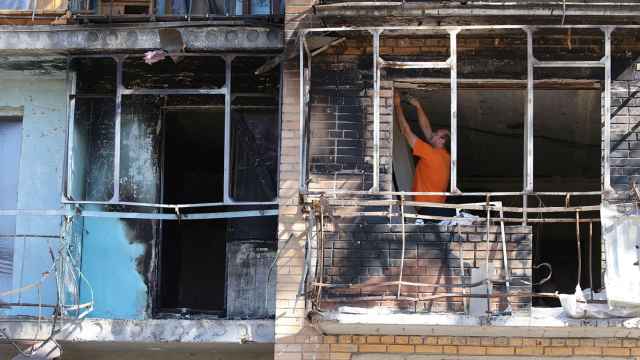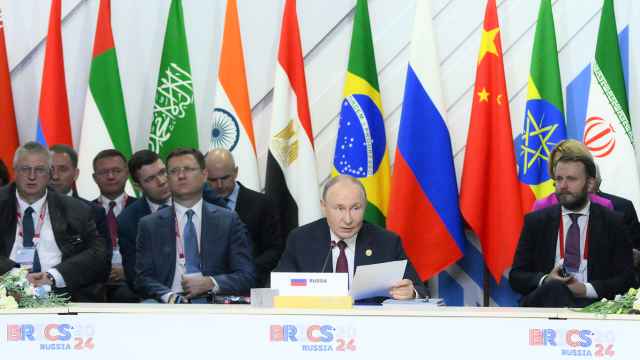I run a small charity based in Ukraine’s Kharkiv region. For a year and a half, we have been working in villages to the north of the region, repairing homes broken by Russian bombs, providing generators and fuel, and funding satellite internet subscriptions.
Three weeks ago, I was staying in one of these villages, when at four in the morning I was woken up by 20 booms coming from the city, 10 kilometers south. We now know that these explosions destroyed almost all of Kharkiv’s energy infrastructure, leading to ongoing electricity outages throughout the region, including in the villages where I work.
For the majority of these villages, life without electricity is nothing new. For the first six months of the war, they were all either under occupation, on the front line, or both, with no electricity or mobile signal for the whole time.
Then, following the liberation of the oblast almost immediately came last year’s energy infrastructure campaign by Russia, in which the entirety of Ukraine was left in darkness for months on end. Since that campaign ended, work has been ongoing to bring power back to these villages. However, March’s major attack on Kharkiv’s energy infrastructure, as well as the subsequent attacks that have been going on throughout April, have brought a further setback.
The main thing I always want to stress when people ask me what life is like in rural areas without electricity or a phone signal is the resilience of the residents. The morning of March 22, the family I was staying with wasted no time wiring up car batteries to light their living room and power a Wi-Fi router, before going up and down their street collecting their neighbors’ empty water bottles to be driven to the nearest well and filled up, before being redistributed. They lived without for almost six months while their village was on the frontline and endured long blackouts last winter, so have developed a range of methods to cope. Concerted efforts by local administrations since last winter’s attacks mean that many families now have their own generators ready to be powered up whenever they are needed.
However, the extent of the destruction on March 22, and the subsequent attacks throughout both Kharkiv and the oblast, are stretching these capabilities to the extreme. The petrol stations that once lined the roads from Kharkiv to the border were destroyed early on in the war. In recent weeks, those closer to the city have also come under target. Combined with the poverty the war has brought to the villages, the few extra miles now needed to travel to get fuel make it inaccessible to many people. The cumulative effect of this makes life ever harder for residents trying to fuel their generators, tiring them out day by day, with the aim that they will eventually give up and leave their villages.
This is why I liken the current Russian campaign against the Kharkiv region to psychological torture. The military gains achieved in these bombings are minimal. Instead, they serve to weaken the morale of an already exhausted people. A new feature of this current onslaught which was not present in last winter’s energy attacks is the coupling of the destruction of energy infrastructure with the intensified bombing of civilian residential areas.
Villages throughout the oblast, including those that have been peaceful for a year and a half until now, as well as Kharkiv itself, are struck constantly. As well as missiles and drones, Russia has now begun to use gliding bombs, which have added another layer of fear and tension to everyday life. Not having electricity consequently means that these areas also do not have phone signal, meaning you are unable to call and check in on your loved ones in the aftermath of an attack.
I am in the group chats on Telegram for most villages where I work. A strike was reported earlier this week in one such village which has not had electricity or signal since March 2022. In the hours that followed, villagers who lived elsewhere turned to the chat for answers. Where was the strike? What kind was it? Was anyone hurt? In these situations, answers do not come until later in the day, when a member of the village administration can find some internet somewhere to report official data on the attack.
As more and more villages are plunged into blackouts, these experiences are becoming increasingly common. On multiple occasions in the last three weeks, I have been unable to reach loved ones in areas that have come under bombardment. Sometimes, these attacks seemed to be timed to take place during the blackouts which have been scheduled to curb energy usage, adding to the feeling that the bombardments are timed for when villagers are cut off from the outside world. You are left sitting in agony for hours, wondering if your loved ones are offline because of a blackout, or because they are trapped under rubble.
Despite all of this, the residents of these villages show no signs of giving up or fleeing. Some stayed throughout the worst days of the start of the full-scale invasion, and are now hardened to be able to deal with anything that may be thrown at them. Others left their homes already in 2022, only to return after the region was liberated. These people have no intention of leaving again, be that for financial reasons or simply because they simply want to be in their homes. Instead, they will continue to improvise new ways to keep one step ahead of the Russian tactics. Local administrations are also standing firm, with village heads often paying out of pocket for generator fuel when their budgets can’t stretch to cover the costs.
The region is undeniably bruised and battered, and the exhaustion is palpable in every conversation. But nonetheless, every attack only hardens locals’ resolve. Any suggestion I might make to friends that they evacuate their villages for a while is met with disbelief. “Home is home,” the common refrain goes. The main hope now is for advanced air defense systems and F-16 fighter jets to arrive sooner rather than later, and begin to protect the sky over Kharkiv.
A Message from The Moscow Times:
Dear readers,
We are facing unprecedented challenges. Russia's Prosecutor General's Office has designated The Moscow Times as an "undesirable" organization, criminalizing our work and putting our staff at risk of prosecution. This follows our earlier unjust labeling as a "foreign agent."
These actions are direct attempts to silence independent journalism in Russia. The authorities claim our work "discredits the decisions of the Russian leadership." We see things differently: we strive to provide accurate, unbiased reporting on Russia.
We, the journalists of The Moscow Times, refuse to be silenced. But to continue our work, we need your help.
Your support, no matter how small, makes a world of difference. If you can, please support us monthly starting from just $2. It's quick to set up, and every contribution makes a significant impact.
By supporting The Moscow Times, you're defending open, independent journalism in the face of repression. Thank you for standing with us.
Remind me later.



